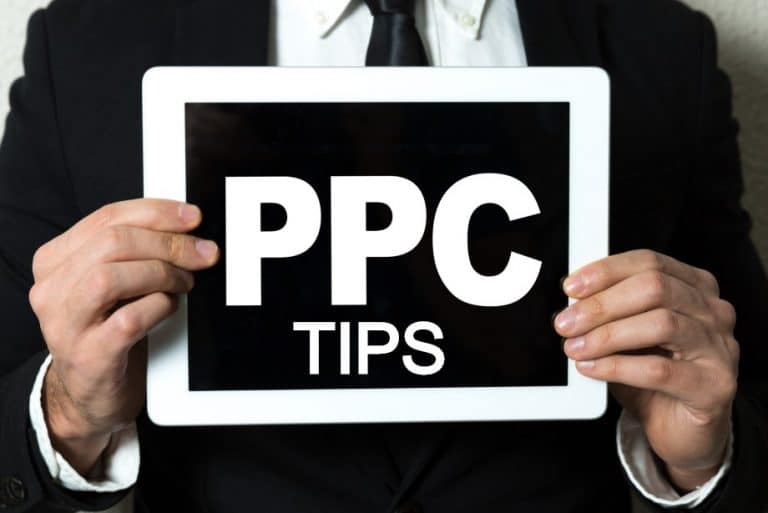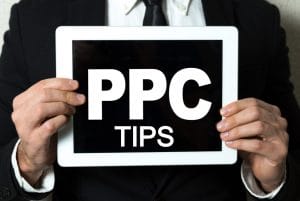Fast winning PPC tips for a profitable PPC campaign
What does it take to run a profitable PPC campaign in 2020?
Can we fully rely on automated strategies and pretty much “launch and forget” a PPC account?
Can we really put trust in Google Ads’ “smart” campaigns and their “machine learning” bidding strategies and capabilities?
The short answer is “no”. Like we mentioned in the previous blog post regarding the effects of COVID-19 over Google’s AI learning abilities, the algorithm took a hit by the major changes in the search patterns of the users, what shifted the data and made some of the automated bidding strategies to not perform their best.
Hence, we had to sit down, analyze the campaigns, and come with some “timeproof” tips, that helped us drive great results from PPC, even during challenging times.
Test bidding strategies
While one bidding strategy could work, times of uncertainty (like COVID-19) affect the AI algorithm, so that may require gaining more manual control, and try less automated bidding strategies.
We would recommend giving a shot to manual bidding. It will likely consume more time to manage, but you’d gain more control over the performance and will be able to gauge the actual market CPC and then compare it to previous data.
Many advertisers reevaluate and/or change their ad spends – what affects the bidding and the actual CPC per keyword. In such case, one might want to consider testing other bidding strategies and learn on the performance.
CTR improvement
create many sets of ads, and test what drives more impression and clicks, or other KPIs. Implement further what works or has a continuous pattern.
We recommend utilizing all or most ad formats available. Try creating ads in various lengths with various messaging. Usually, the larger the ad-portfolio is – the better the performance.
Call ads are super important so it would be smart to put emphasis on these.
This will improve the overall CTR of the campaign and the ad groups.
Other adventurous approach would be to create ads that traditionally drove lots of clicks – create similar – and pause the old ones. This, at times, pushed the traffic to the newer ads.
Apply ad schedule
If your ads do not need to run at 4 am, adjust the ad schedule accordingly. That will allow better use of the ad spend across the busier hours.
Generally speaking, this could be a potential leaking point for wasted advertising budget, especially if the campaign generates clicks during times that are irrelevant to the business (for the services business). For eCommerce PPC campaigns, make sure to analyze the time reports and learn on the top converting hours – and be sure to adjust bids accordingly.
Keyword modification
Always use modifiers for the keywords and have the ad groups be arranged in a logical order – that trigger exact ads to the right keywords.
Always review the search terms and block irrelevant search keywords that drive useless/non-performing traffic.
In some cases, folks who follow Google’s straightforward advice and are not familiar with modifiers tend to apply general keyword with no modifier, what end up driving irrelevant clicks and really hurt the general performance, ROAS and ROI.
Ad formats
Utilize all the relevant ad formats for maximum exposure and probability to convert. Call ads are important for local businesses and the services industry especially.
If you are working with a smaller budget, and the website/landing page is poor to ok and drives average or below average QS – consider applying RSA (responsive search ads) and then test the results. If these ads are already in place, and the campaign been utilizing a “smart bidding” strategy over some time – check on the historic performance of these ads and their ROI.
In specific cases, when the ad spend is super tight, we need to gain as much control over the components to make sure we control the message as much as possible. In such case, letting Google drive using RSA ads, could be expensive so you might want to NOT run these.
As always, the most important objective is working with data, analytics and keep on testing everything. Some strategies could work for a while but need a lot of attention and understanding the larger scheme.
Determine the KPIs to focus on and adjust the general strategy accordingly – and with these tips, the micro management of the PPC campaigns will drive better results across the board.
Need help with PPC management on Google Ads, or have any PPC related questions?
Contact us today!

Allan Todd is CEO of Pagecafe Digital Marketing. In 2022, Allan teamed up with Infront Webworks to provide digital marketing, website design, content marketing, SEO and strategy and solutions to local businesses. Allan lives in Colorado Springs.


